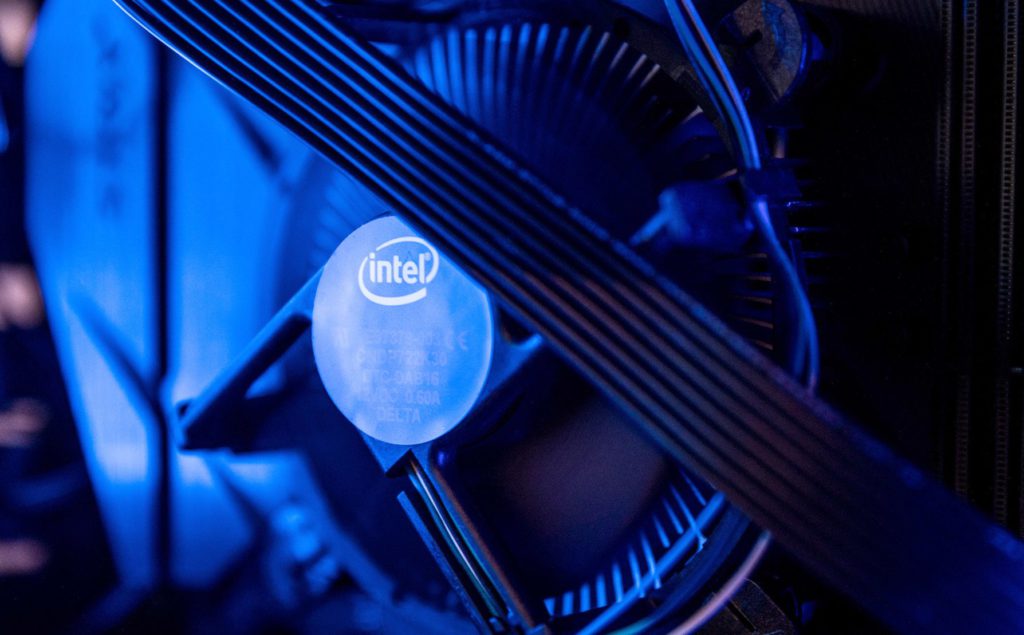(Bloomberg) — Germany is looking to grant Intel Corp. more than 5 billion euros ($5.5 billion) in public funds to build a massive semiconductor plant, part of the European Union’s effort to build up domestic chip production, officials familiar with the negotiations said.
Intel will start work on a 17 billion euros ($18.7 billion) cutting-edge semiconductor production site in Magdeburg, Germany, the company said Tuesday. Intel and the country are still discussing the exact amount the chipmaker could receive, but officials familiar with the matter said the government plans to give more than 5 billion euros in state aid.
Intel shares gained as much as 3.7% to $46.46 in New York, marking the biggest gain two weeks. Investors have been concerned about Intel not getting reimbursed for its costly expansion plan, weighing on shares.
The deal would need to be scrutinized and approved by the European Commission under the region’s state aid rules.
Economy Minister Robert Habeck’s office said that the final amount of the subsidy would depend on the talks with the commission, but added that considering the “high” investment from Intel, public funds should be “in the billions.”
Construction at the site in Magdeburg will start in the first half of next year, with production to come online in 2027. The facility, which will help turn the region into a chipmaking center that Intel is calling “Silicon Junction,” will create 3,000 permanent high-tech jobs along with 7,000 construction jobs.
The EU has ambitious plans to become a key semiconductor producer with a goal of producing 20% of the world’s chip supply by 2030. The commission also freed up public funding for the production of chips considered “first of a kind” in Europe with its 45 billion-euro Chips Act last month.
Intel’s German plant is the first announcement following the publication of the EU’s plan, which could make the region less dependent on Taiwan and South Korea for the cutting edge chips needed for high-tech devices. At present, Germany stands to gain the most from the plans, with Magdeburg to become home to the biggest piece of Intel’s European expansion. Taiwan Semiconductor Manufacturing Co. is also considering to set up shop in the country.
Intel Chief Executive Officer Pat Gelsinger said that both the EU and U.S. lost out on chip production in recent decades because Asian countries have heavily subsidized the industry. It is roughly 30% to 40% cheaper to build in Asia, he said.
Intel’s leader also is stepping up an expansion in the U.S., announcing plans for factories at an existing site in Arizona and new location in Ohio.
“The EU Chip Act and the U.S. Chips Act are designed to essentially level that playing field,” Gelsinger said to reporters on Tuesday.
Intel has told investors that it expects that as much as 30% of its planned spending on new plants and equipment will be provided by government subsidies. Gelsinger wouldn’t comment on the specific amount the company expected to receive from the German government on Tuesday.
“Such investments as we’re announcing today are competitive with those that would occur elsewhere in the world,” he said. “So that the results of these manufacturing investments allow us to satisfy and compete in the world market.”
(Updates with share reaction in third paragraph.)
More stories like this are available on bloomberg.com
©2022 Bloomberg L.P.











